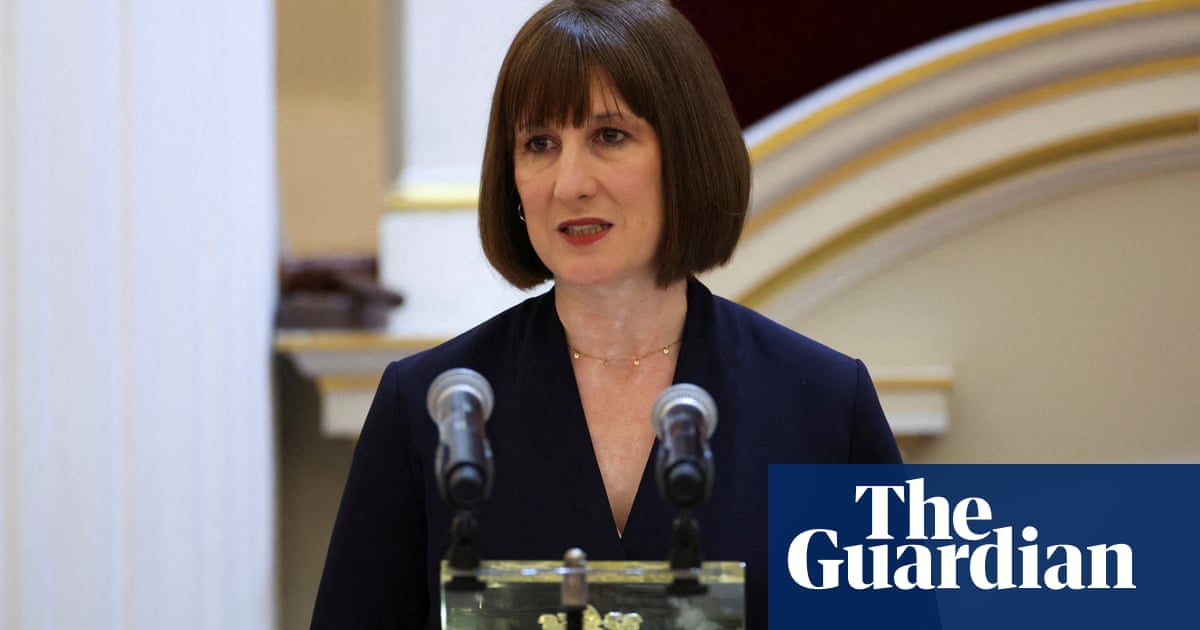We live, at first blush, under the absolute dominion of celebrity. The former and future president of the United States spent more than a decade as a reality TV star. Taylor Swift just concluded the largest and most lucrative pop music tour in the history of the world. Mass entertainment vehicles remain star-driven – just ask anyone flocking to see Wicked (Ariana Grande) or Gladiator II (Pedro Pascal, Denzel Washington) this holiday season. And that’s not to mention all the petty dramas of the attractive and famous that still keep us all gossiping.
It might be strange, then, to make a completely counterintuitive claim: that we are leaving the age of traditional mass celebrity. And not only are we leaving it, but we are drifting into a new, uncertain era, one where fresh hostility has emerged against those who, even a few years ago, would have received blind worship and little more.
Much of this is coming from the youngest adult generation, the so-called generation Z, and the millennial cohort that is under the age of 40. Gen Z might be the most misunderstood because they are the first to come of age when old monocultures were crumbling away. Many of them are too young to remember the dominance of cable television, the heydays of A-list movie stars like Julia Roberts and Brad Pitt or even the wild adulation that certain tech moguls, such as Steve Jobs, once enjoyed.
The mainstream media, over the last five years, has cycled through various contradictory narratives about gen Z. They were either too liberal, too “woke”, liberal enough to vote Democrat to save democracy or poisoned by the internet and terminally rightwing, the boys so podcast-pilled they voted en masse for Donald Trump.
Reality is more complicated, because all generations are complicated. It’s not as if all the baby boomers were dropping acid and hanging out at Golden Gate Park. But gen Z and the younger millennials are particularly hard to generalize because they live in an era of fracturing culture. Tens of millions of Americans no longer huddle around single television shows that air at one particular time on a weeknight, as Seinfeld and Friends once did. They no longer take their hip political cues from late night TV shows such as The Daily Show. Linear television has been collapsing, with networks like MSNBC and CNN bleeding viewers since the end of the presidential election. Hollywood, meanwhile, no longer enjoys centrality in the culture.
This is, in part, because there is no center – or it’s weakening, drastically. Even the celebrities who have found fame through the new platforms, like TikTok, are facing backlash. A recent viral trend called on TikTok users to actively ignore various celebrities and influencers to prove how much power they had over the celebrities in question. Their first target was the singer and dancer JoJo Siwa, who has an enormous social media following. She saw her “like” count on certain videos tank precipitously. Siwa is too rich to be impacted, but the trend itself is notable, and would’ve been unthinkable even five years ago. Others like her should be wary.
The writer Mo Diggs has called this “personality exhaustion” – the idea that average people, especially on the internet, are sick of the wealthy and the famous. Politically, people are suspicious of leaders, or anyone who might tell them exactly what to do. As beloved as Taylor Swift and Beyoncé remain, neither could significantly move younger voters into Kamala Harris’s camp, despite their enthusiastic endorsements. Gen Z voters who leaned left were particularly furious at celebrities who didn’t take an open stand against Israel’s conduct in Gaza. This mistrust of elites has persisted.
Into this void steps the ultimate anti-influencer, 26-year-old Luigi Mangione. The alleged killer of Brian Thompson, the CEO of UnitedHealthcare, Mangione has enjoyed an online fandom unlike any witnessed in recent history. His alleged murder of a healthcare executive who made $10.2m in 2023 was entirely political yet crossed partisan lines.
When rightwing pundits like Ben Shapiro and Matt Walsh denounced the murder, their comment sections were overwhelmed with fulminations against the healthcare industry and even support for the killing before Mangione was identified as the suspect.
Liberals who’ve condemned the murder of Thompson haven’t fared much better. Whereas the media and the political establishment have generally been united in disgust over how Mangione, with his conventional good looks and Ivy League pedigree, has been idolized, the online masses feel quite differently. Merchandise for the video game character Luigi has been a heavy seller on Amazon, and some have been bought votive candles with Mangione’s face on them.
The message is clear enough: if there’s going to be a new idol, someone with whom to forge a parasocial bond, it will not be another singer, dancer, or neo-Kardashian. The youth, at least, increasingly feel this way. They cannot be told to stop with their Luigi memes as anger at institutions continues to build. Even Trump, the great disruptor, will not be immune to this dynamic when he is president again.
Over the next decade, the great clashes might not be between left and right but inside and outside – those who are open about their disdain for existing institutions and those who seek a new order. The worship of Mangione is less about Mangione himself, and more an indication of where we are headed. The rancor will not abate.
-
Ross Barkan is a writer based in New York

.png) 2 weeks ago
10
2 weeks ago
10













































